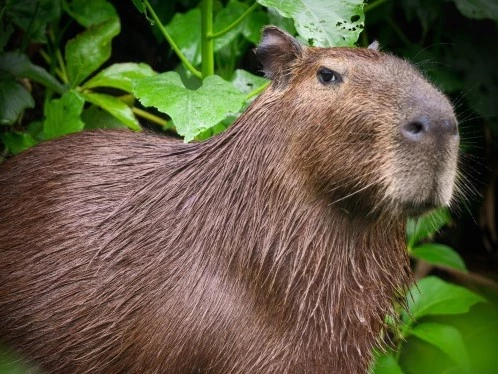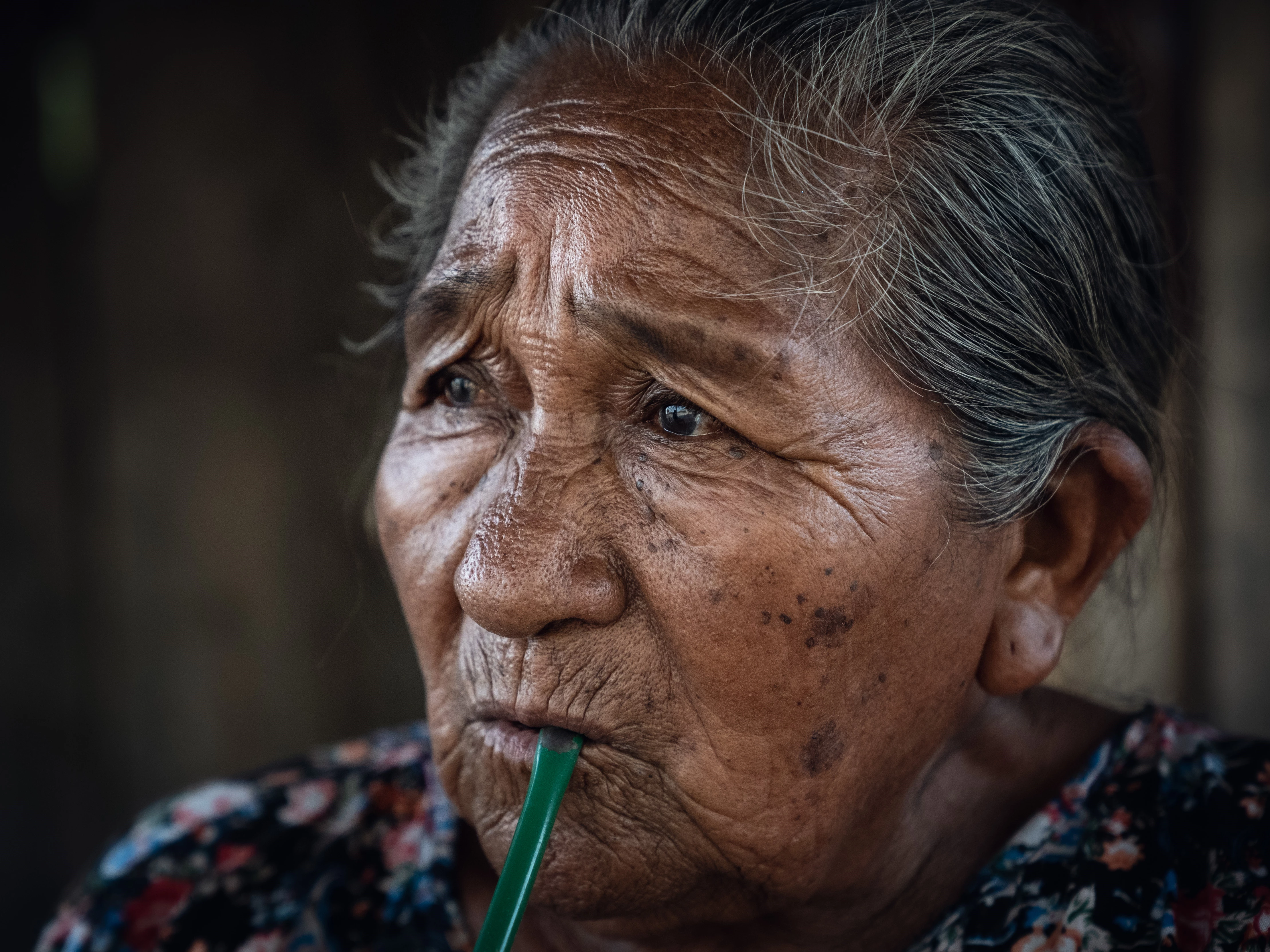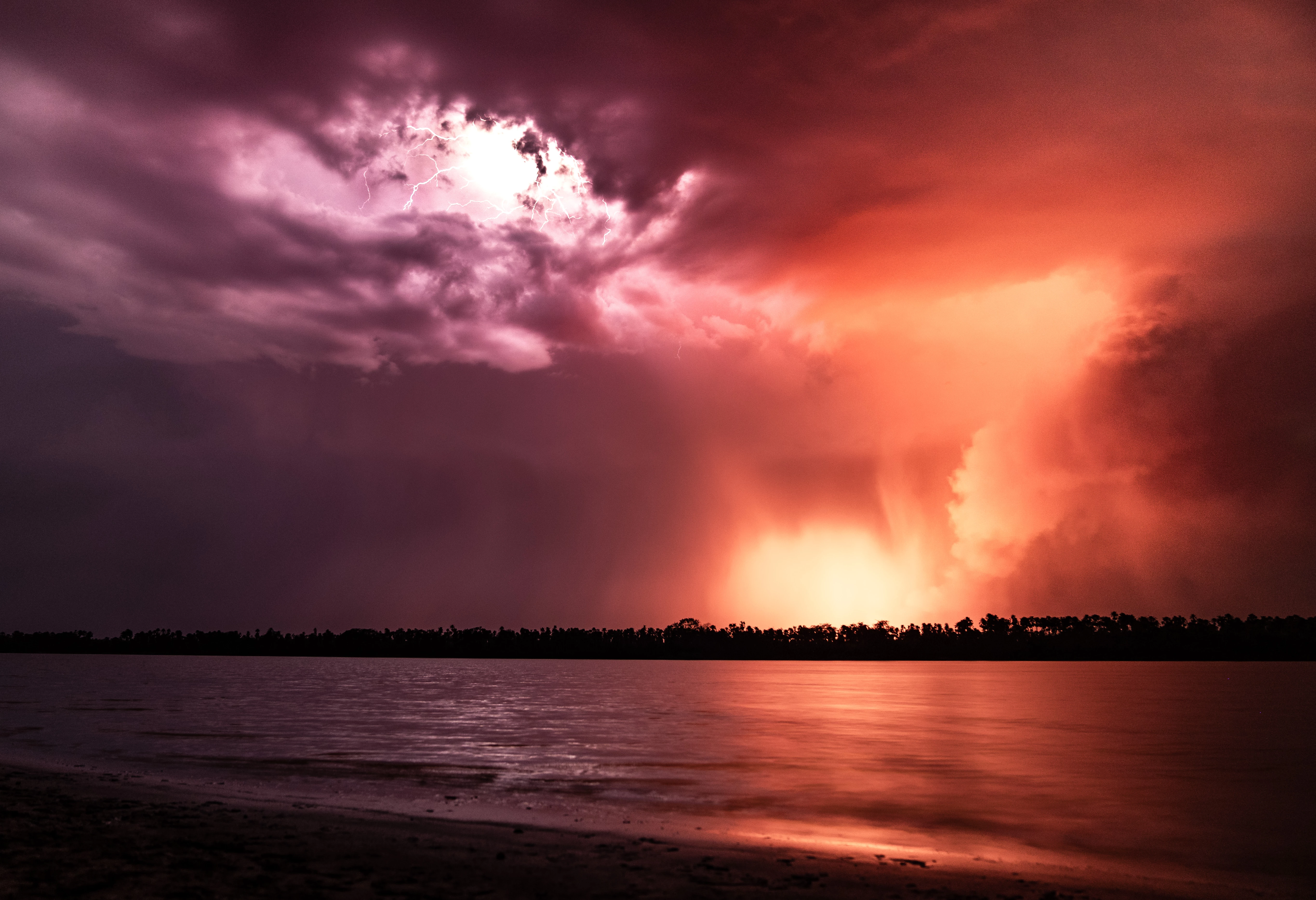Rowing for the river
The Paraguay River. One of the oldest and mightiest waterways in South America. With abundant wildlife and a rich bio-cultural diversity along the banks. The Paraguay River is also one of the continent's last remaining free-flowing rivers, without dams or other obstacles. It should stay that way!
To draw attention to this, two young adventurers, Henry Millet and Jeffrey Wong, embarked on a traditional wooden rowboat for a 1300-kilometre-long river journey in October 2019. During their project ‘Rostros del Río’ (faces of the river), they docked at villages along the banks, where they recounted stories from local residents. From the Yshir indigenous people in the Pantanal to the metropolis of Asunción, everywhere they passed they explored and documented the rich nature and culture.
 .
. 
Harder to predict the weather
And not just that. With special interviews, the travellers have mapped the consequences of climate change for the residents along the Paraguay River. The main conclusions are that local communities suffer a lot from rising temperatures, shifting seasons and more variable rainfall. For example, a university student noted that it is harder for community members to predict the weather as their ancestors once did. The interviewees also indicated that these changes have led to emerging health problems, such as heat-related illnesses and respiratory issues associated with increased wildfires.

Annual flooding
With their stories, Henry and Jeffrey want to show that it’s necessary to protect the Paraguay River for all living beings who depend on it. Over the past 50 years, life in and around the river has changed a lot, due to causes as deforestation, erosion and water pollution. In the Pantanal, for example, as much as 25% of the already vulnerable indigenous population is now annually exposed to river flooding.
Impact of climate change
The information collected is used by WWF's Climate Crowd, a crowdsourcing initiative that convenes and supports a network of partners to gather data on how climate change is impacting people and nature. Climate Crowd also supports on-the-ground projects that help rural communities adapt while reducing pressure on biodiversity. Together with WWF-Paraguay, the SRJS programme contributed to the canoeists' journey and data collection for Climate Crowd.
Related articles
Securing rights in landscapes
Female leadership: stories of change
About SRJS
With SRJS, we support and strengthen local NGOs and civil society organisations in 16 countries, so that we can safeguard water supply, climate resilience and food security together with governments and companies. We also ensure that these organisations work together to become stronger.

